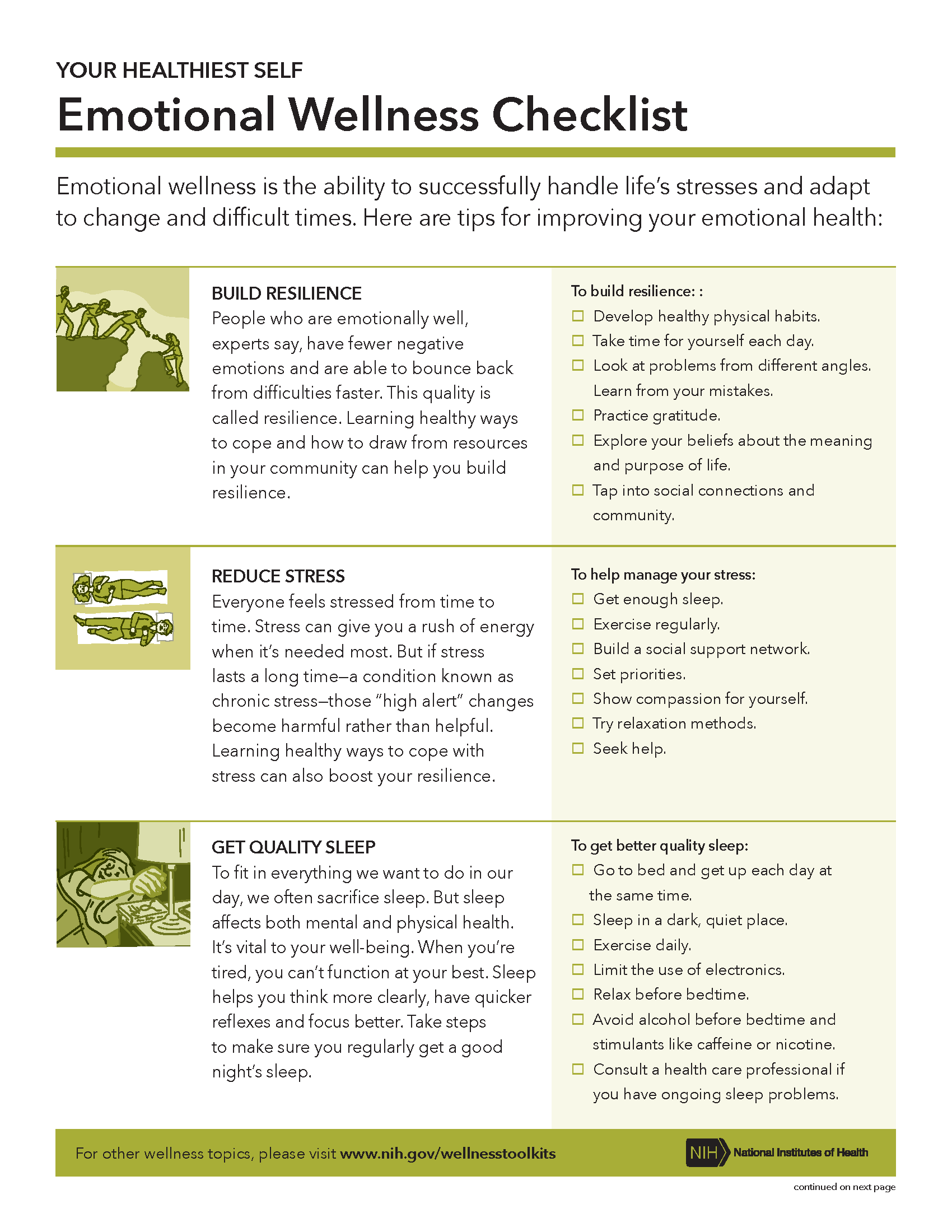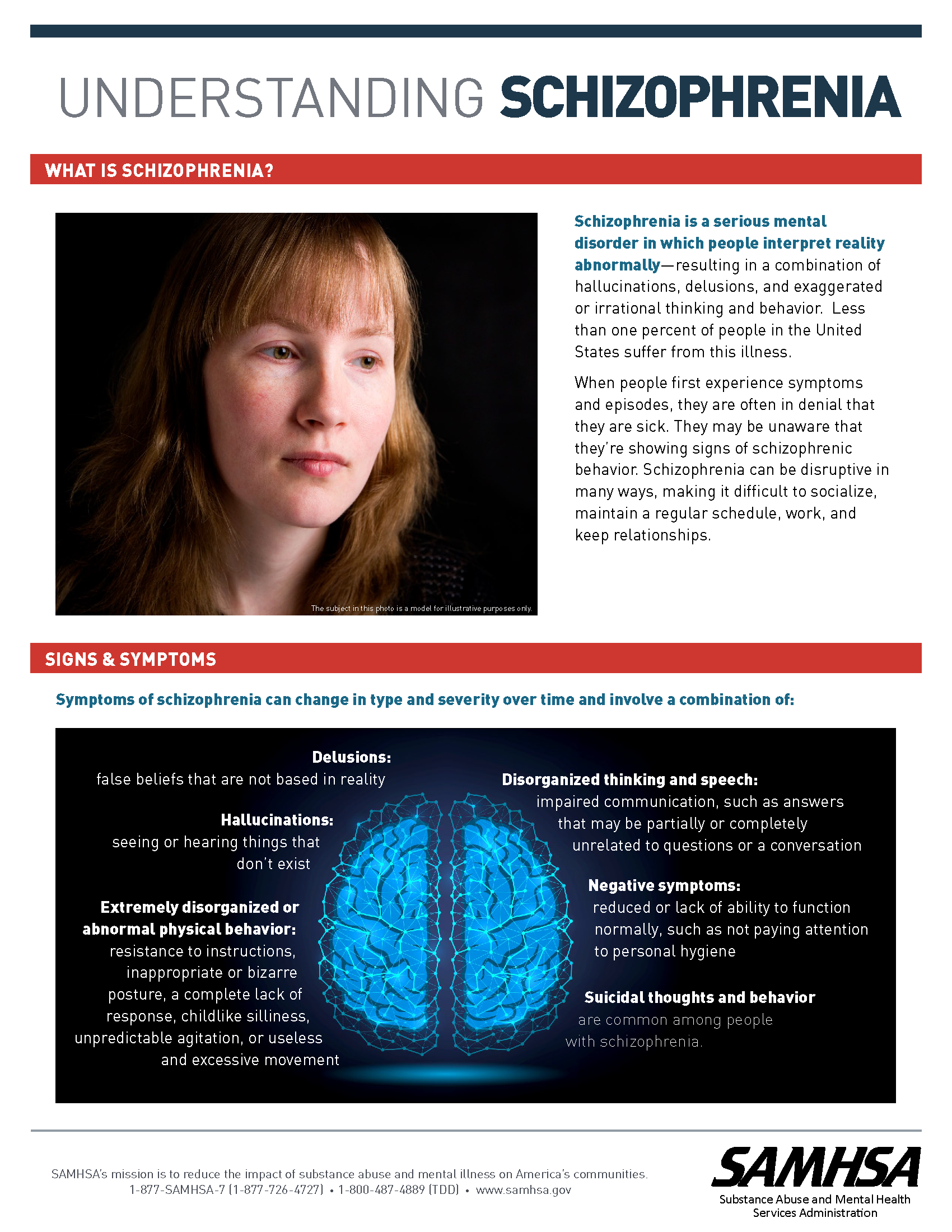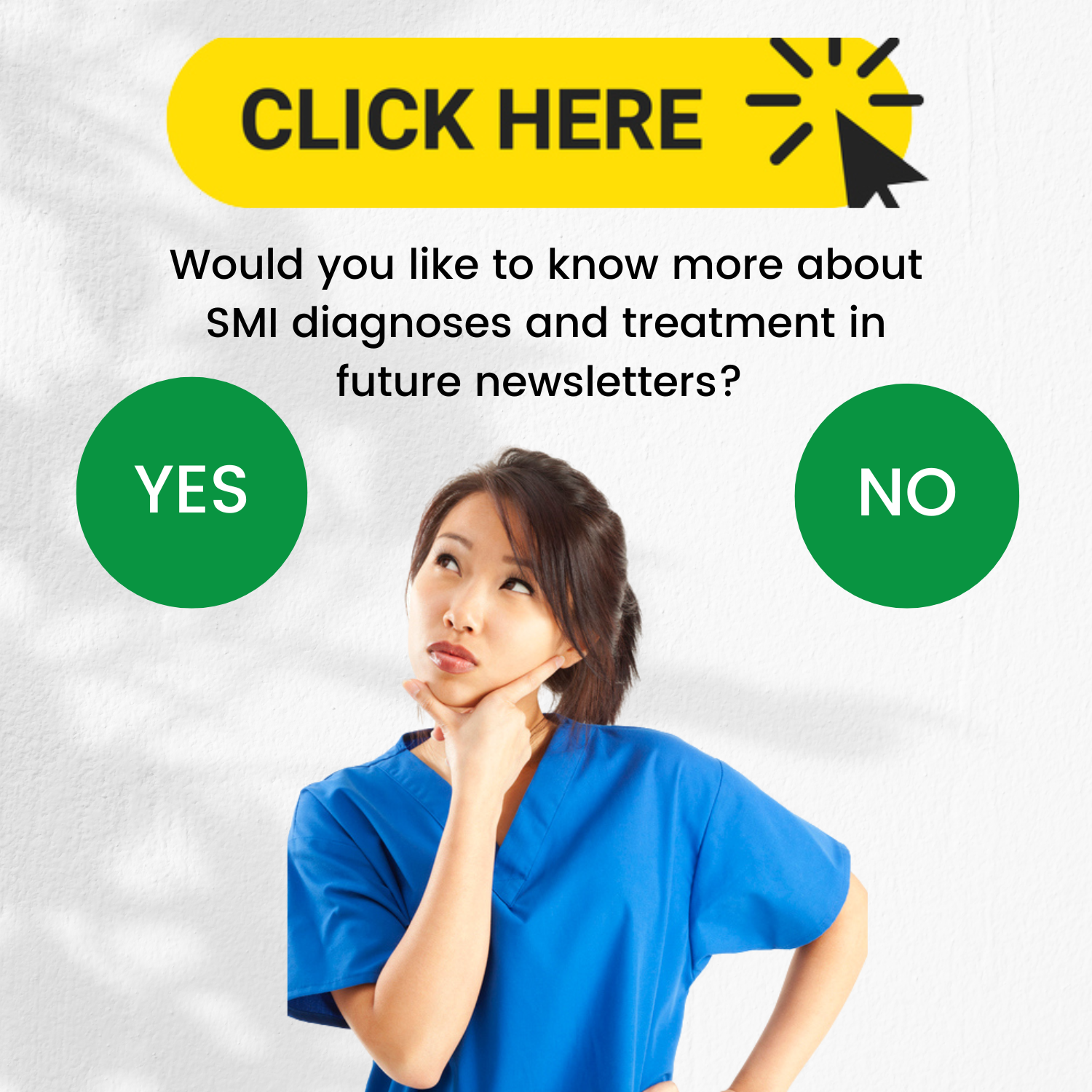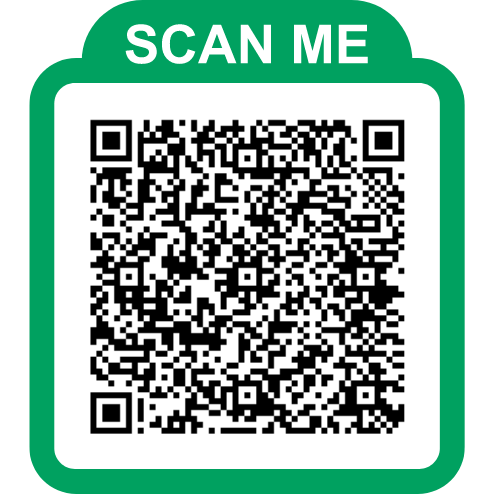|

Let the Center of Excellence for Behavioral Health in
Nursing Facilities Support You
The Center of Excellence for Behavioral Health in Nursing Facilities (COE-NF) will provide mental health and substance use evidence-based training, customized technical assistance and resources to skilled nursing facility staff who care for residents with a variety of behavioral health conditions-at absolutely no cost.
Alliant Health Solutions (AHS) was awarded a three-year cooperative agreement from the Substance Abuse and Mental Health Services Administration (SAMHSA) to create a Center of Excellence for Behavioral Health in Nursing Facilities (COE-NF). Alliant has over 50 years of experience working with nursing homes and behavioral health in nursing homes.
Interested in learning more? Download the FAQs about the Center of Excellence, click HERE.
In this issue:
Updated Guidance for Nursing Home Resident Health and Safety
Nursing facilities continue to prepare their staff for the new survey process guidance effective October 2022. CMS has issued updated guidance for nursing home resident health and safety that includes a summary of significant changes. Phase 3 requirements such as Behavioral Health Services, Compliance and Ethics, and Quality Assurance Performance Improvement (QAPI) as well as the clarifications of Quality of Life and Quality of Care, Food and Nutrition Services, Physical Environment and others are included in this guidance.
Visit the Quality, Safety, and Education Portal (QSEP) full curriculum of surveyor training and guidance.
Caregiver Corner
 It’s a new year and we know many of you are focused on resolutions and goals. Do your goals include your own mental wellness? In last month’s newsletter, we mentioned that the COE-NF has been talking to nursing facility staff who are sharing their insights and experiences, including the day-to-day stressors involved when working with residents with a mental health or substance use diagnosis.
As caregivers, we want to encourage each of you to focus on your mental wellness and practice self-care so you can focus on caring for others. Check out this Emotional Wellness Checklist from the National Institutes of Health for some valuable tips to improve your emotional health and wellness. Please consider printing the wellness checklist and sharing with your team during your next meeting. It’s a new year and we know many of you are focused on resolutions and goals. Do your goals include your own mental wellness? In last month’s newsletter, we mentioned that the COE-NF has been talking to nursing facility staff who are sharing their insights and experiences, including the day-to-day stressors involved when working with residents with a mental health or substance use diagnosis.
As caregivers, we want to encourage each of you to focus on your mental wellness and practice self-care so you can focus on caring for others. Check out this Emotional Wellness Checklist from the National Institutes of Health for some valuable tips to improve your emotional health and wellness. Please consider printing the wellness checklist and sharing with your team during your next meeting.
Did You Know?
Data indicates that the prevalence of residents with a serious mental illness in nursing homes has increased over time with a 54% increase from 2007-2017. (Hua et al., 2021)
Are you familiar with the term serious mental illness (SMI)? What are the most common SMI diagnoses? See below to find out more.
Information and Resources
 Serious Mental Illness (SMI) are mental disorders that significantly impact a person’s thinking, mood, and/or behavior, and can make it a struggle to work, keep up with school, have healthy relationships, socialize, maintain hygiene, and more. Serious Mental Illness (SMI) are mental disorders that significantly impact a person’s thinking, mood, and/or behavior, and can make it a struggle to work, keep up with school, have healthy relationships, socialize, maintain hygiene, and more.
Common SMI diagnoses are:
- Bipolar Disorder: brain disorder that causes intense shifts in mood, energy, and activity levels
- Major Depressive Disorder (MDD): may include feelings of sadness, hopelessness, anxiety, worthlessness, and fatigue
- Schizophrenia: a chronic disorder that causes people to interpret reality abnormally; people may experience hallucinations, delusions, and extremely disordered thinking
Please respond to the question below.

 Join our text message list! Join our text message list!
Scan the QR code below or click HERE to sign-up and receive text notifications from COE-NF. Stay up-to-date on news about this new support for your facility.
Contact us:
For more information, we can be reached by phone at
1-844-314-1433 or by email at coeinfo@allianthealth.org.
Want to opt-out from receiving news from us? Click HERE to unsubscribe.
This newsletter was made possible by grant number 1H79SM087155 from the Substance Abuse and Mental Health Services Administration (SAMHSA). Its contents are solely the responsibility of the authors and do not necessarily represent the official views of the Substance Abuse and Mental Health Services Administration.
|